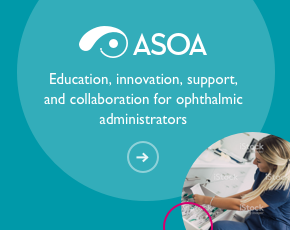Purpose:
To Evaluate the Impact of a Prolonged Reading Session on a Smartphone Screen on Optical Quality Metrics and Tear Film Stability.
Methods:
This prospective study was conducted in 45 healthy volunteers that were asked to read an article on a smartphone screen for 20 minutes.The following tests were performed before the reading task in this consecutive order and repeated after the reading task in the same order: Automated non-invasive tear break-up time (NIBUT), optical quality assessment including objective scatter index (OSI), modulation transfer function (MTF), strehl ratio (SR) and tear film dynamic analysis: vision break up time (VBUT) as a function of OSI changes within 20 seconds, using a double pass aberrometer imaging system, and Fluorescein tear break-up time (FBUT) measured at the slit lamp.
Results:
All break-up time related parameters (NIBUT, FBUT and VBUT) were significantly reduced after the reading task (p < 0.001).="" the="" objective="" scatter="" index="" (osi)="" was="" significantly="" worsened="" after="" the="" reading="" task="" (p="" /><0.01), whereas="" all="" the="" other="" optical="" quality="" metrics="" (mtf,="" sr)="" slightly="" deteriorated,="" not="" statistically="" significant.="" a="" significant="" correlation="" was="" found="" between="" the="" shortening="" of="" the="" fbut,="" vbut,="" and="" the="" worsening="" of="" the="" osi="" (r="-0.33," p=""><0.05).>
Conclusions:
Reading session on a smartphone screen in healthy subjects was found to significantly affect the tear film stability and objectively worsen the retinal image quality.



